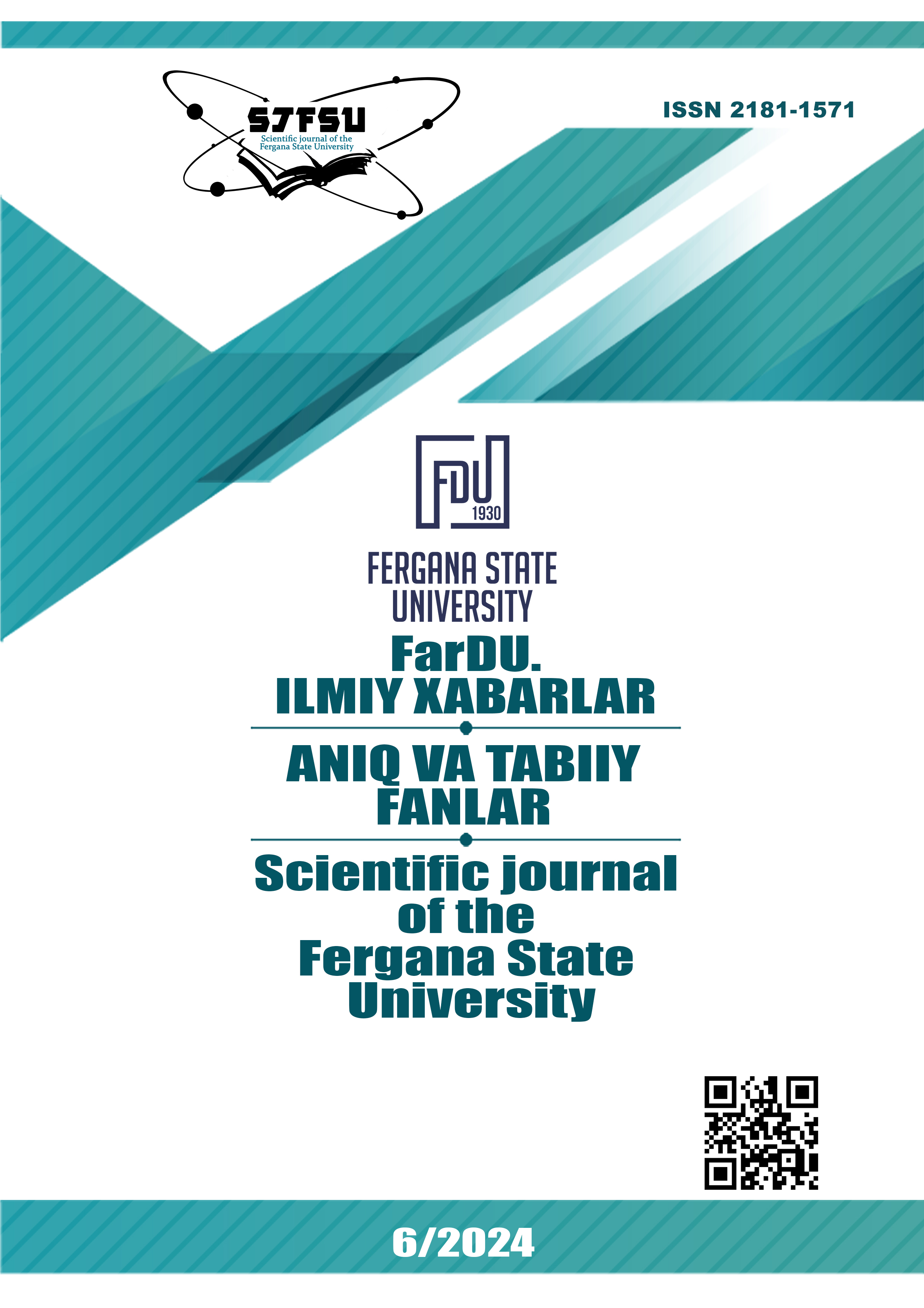THE ROLE OF PEDAGOGICAL STRATEGIES IN THE INTEGRATION OF ARTIFICIAL INTELLIGENCE
Keywords:
Integration, transformation, education, digital transformation, adaptive learning, ethical aspects.Abstract
Artificial Intelligence (AI) is becoming a key area of development. This article is devoted to analyzing the role of pedagogical strategies in the successful implementation of AI technologies in the educational process. The study used methods of analyzing scientific literature, surveys, interviews with experts and studying practical cases.
Key findings include identifying the significance of adapting instructional materials, increasing student motivation, and supporting teachers in the face of automation. Challenges related to ethical issues, educator training and cultural differences are also discussed. It is concluded that well-designed pedagogical strategies are the foundation for successful AI integration, facilitating the harmonious interaction of technology and traditional learning.
The article offers recommendations for educator training, national strategies, and ethical considerations. These measures will create effective and equitable educational environments that can meet the needs of students and teachers in the digital age.
References
Hauer, T. Importance and limitations of AI ethics in contemporary society. Humanit Soc Sci Commun 9, 272 (2022).
Anderson, J., Rainie, L. (2020). Artificial Intelligence and the Future of Humans. Pew Research Center.
Holmes, W., Bialik, M., Fadel, C. (2019). Artificial Intelligence in Education: Promises and Implications for Teaching and Learning. Boston: The Center for Curriculum Redesign.
Selwyn, N. (2019). Should Robots Replace Teachers? AI and the Future of Education. Cambridge: Polity Press.
Luckin, R., Holmes, W., Griffiths, M., Forcier, L. B. (2016). Intelligence Unleashed: An Argument for AI in Education. Pearson Education.
OECD (Organisation for Economic Co-operation and Development). (2021). AI and the Future of Skills: Implications for Education and Work. OECD Publishing.
UNESCO. (2021). Artificial Intelligence in Education: Challenges and Opportunities for Sustainable Development. Paris: UNESCO.
Tegmark, M. (2017). Life 3.0: Being Human in the Age of Artificial Intelligence. New York: Knopf.
Heffernan, N. T., Koedinger, K. R. (2012). The Future of Educational Technologies That Adapt to Student Needs. Journal of Educational Technology Research and Development, 60(1), 1–22.
Cukurova, M., Luckin, R., Clark, W. (2020). Creating the Golden Triangle of Evidence-Informed Education Technology. British Journal of Educational Technology, 51(6), 2211–2230.
Woolf, B. P., Lane, H. C., Chaudhri, V. K., Kolodner, J. L. (2013). AI Grand Challenges for Education. AI Magazine, 34(4), 66–84.
Mirzaraximov M. ИСПОЛЬЗОВАНИЕ ЧАТ-БОТОВ НА БАЗЕ ИСКУССТВЕННОГО ИНТЕЛЛЕКТА В СИСТЕМЕ ОБРАЗОВАНИЯ //Farg'ona davlat universiteti. – 2023. – №. 3. – С. 209
Downloads
Published
Issue
Section
License
Copyright (c) 2025 Scientific journal of the Fergana State University

This work is licensed under a Creative Commons Attribution-NonCommercial-NoDerivatives 4.0 International License.
How to Cite
Most read articles by the same author(s)
- Мирзарахим Мирзарахимов , ORGANIZATION OF CLIENT-SERVER TECHNOLOGICAL ENVIRONMENT IN EDUCATION: ANALYSIS OF IMPACT AND DEVELOPMENT , Scientific journal of the Fergana State University: No. 6 (2023): FarDU.Ilmiy xabarlar jurnali (Aniq va tabiiy fanlar)

